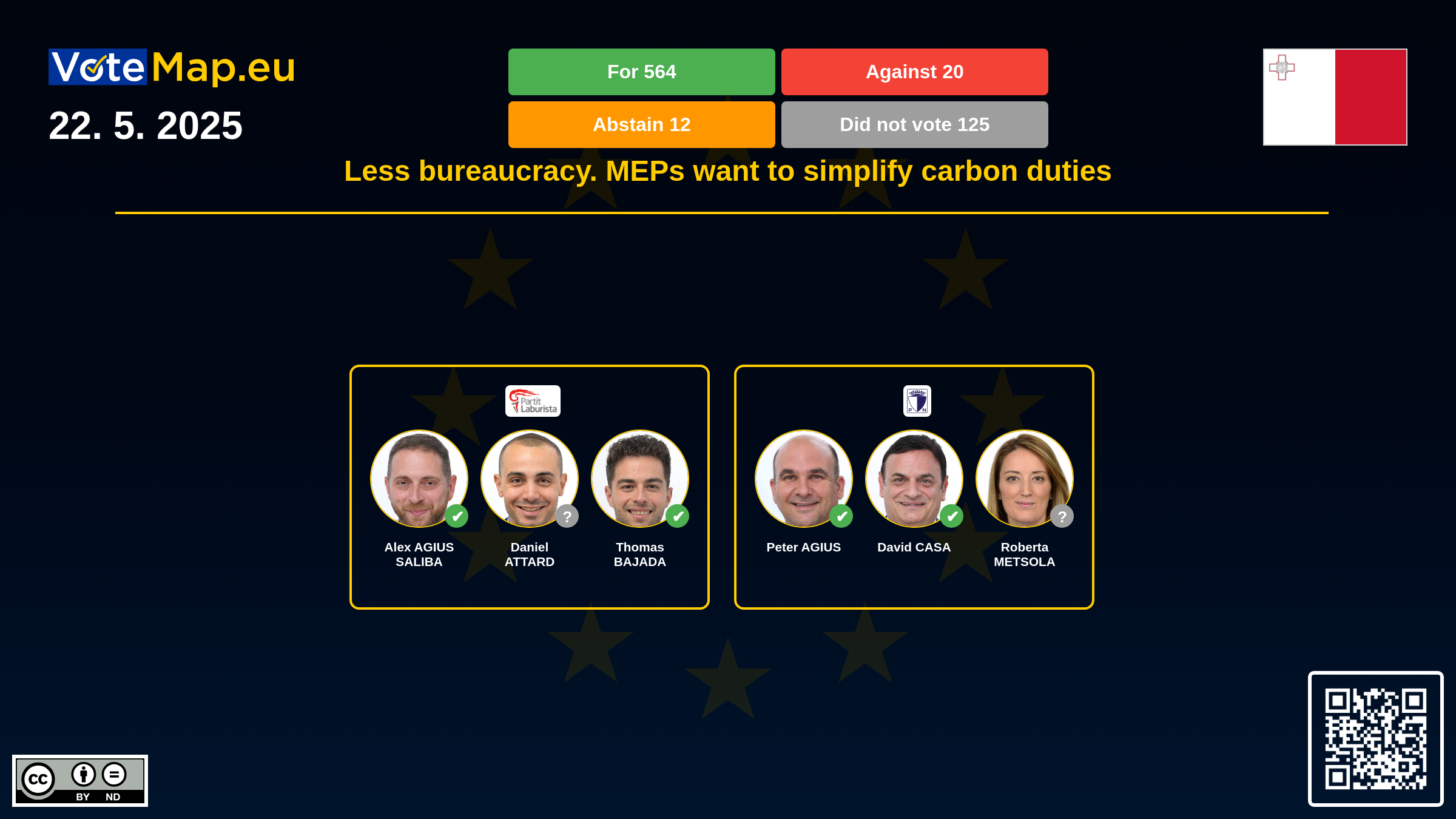Less bureaucracy. MEPs want to simplify carbon duties

The CBAM - or Border Carbon Offset Mechanism - is designed to prevent "carbon leakage", the shifting of production outside the EU due to stricter environmental rules. In a transitional phase starting in October 2023, importers must report the carbon footprint of selected products such as steel, aluminium, cement or fertilisers.
Now MEPs have approved proposals to simplify and streamline the system. The Commission is to introduce uniform forms, cut unnecessary reporting and make it easier for companies to submit data, especially smaller importers.
The changes are intended to help both businesses and Member States' customs authorities. MEPs stress that the CBAM remains a key instrument of EU climate policy, but its success depends on clarity and correct implementation.
Parliament also called for greater awareness of the scheme, especially in non-EU countries, and called for fair treatment of low-income countries so that they are not disproportionately affected by the new rules.
The adjustments will now move to negotiations with member states. The EU hopes that the whole system will be fully operational from 2026, when importers will start to be obliged to pay for emissions.
We collect and visually present data publicly available at the page of European Parliament. Votemap.eu denies any responsibility for possible inconsistencies of the data or its changes after the publication.
Descriptions are created using DeepL Translate machine translation. We apologize for any possible imperfections or inconvenience.





























